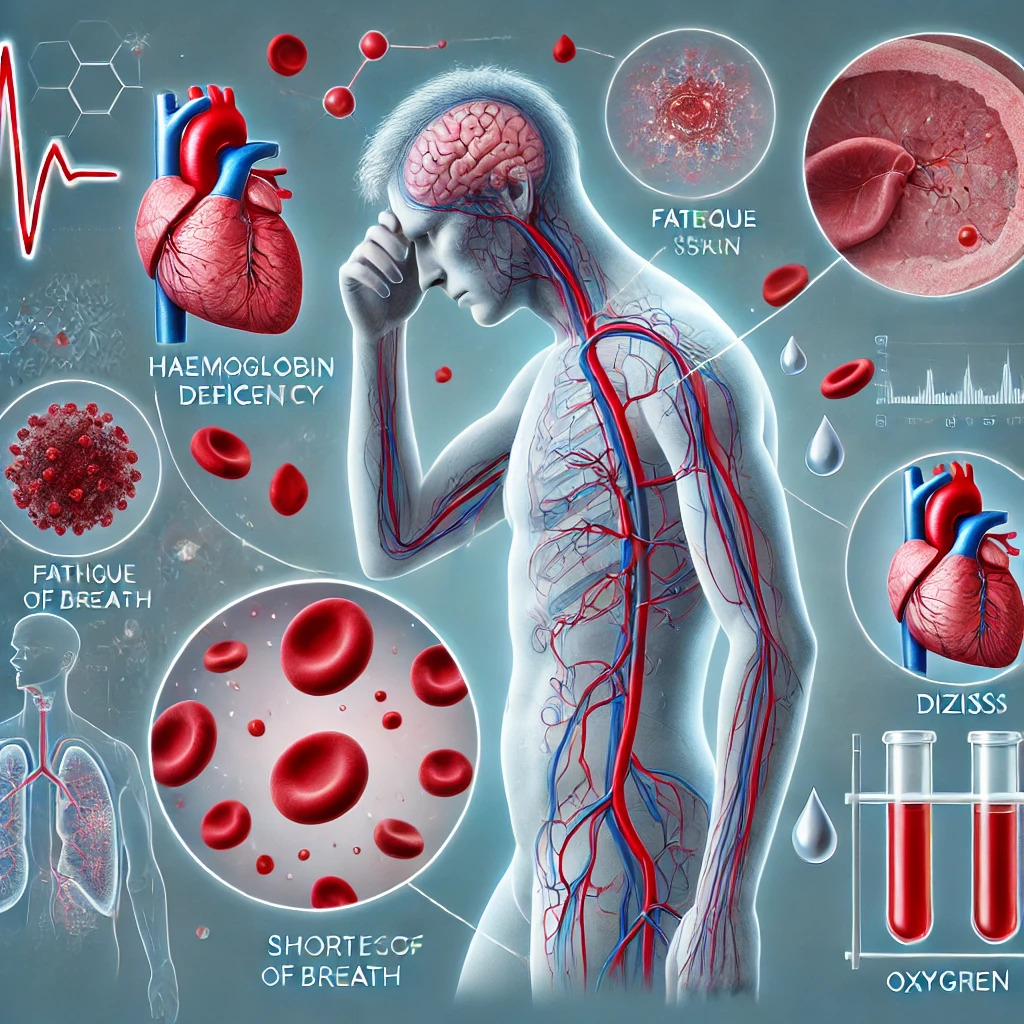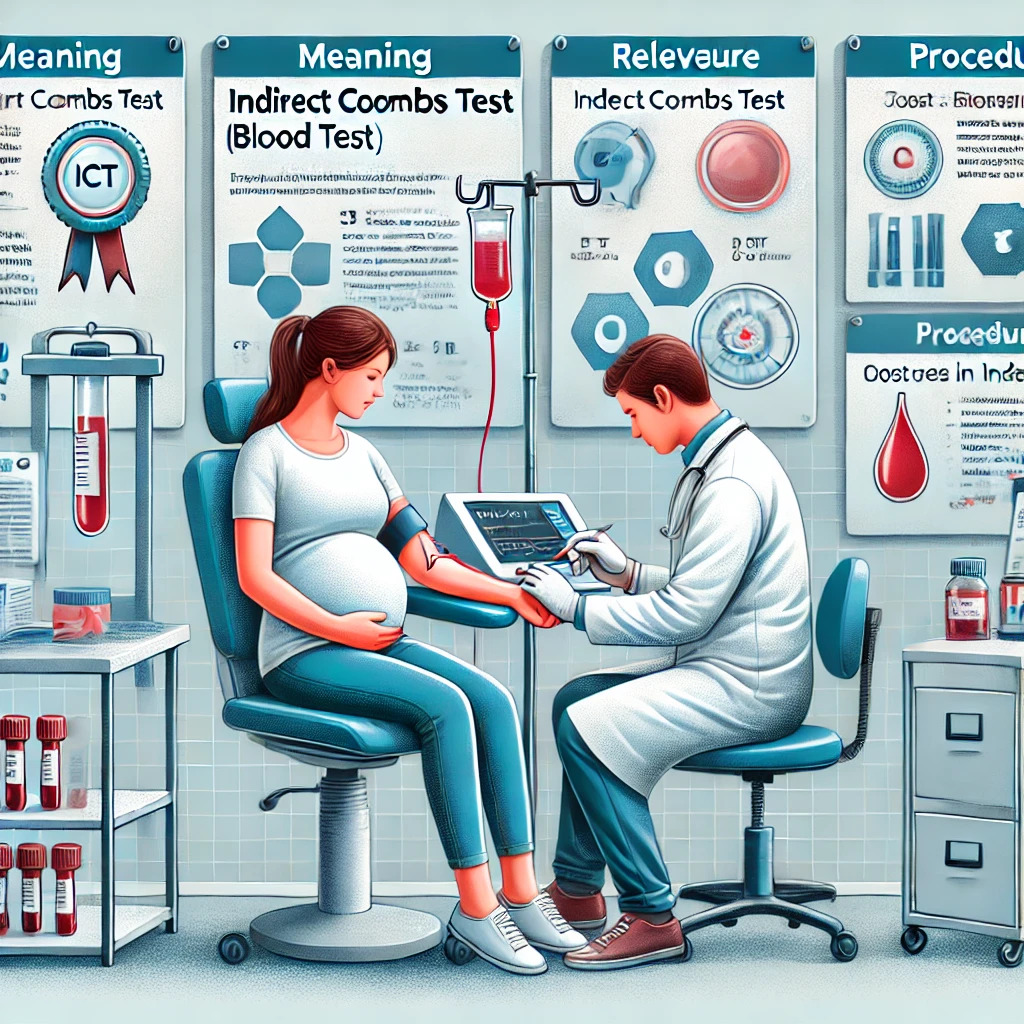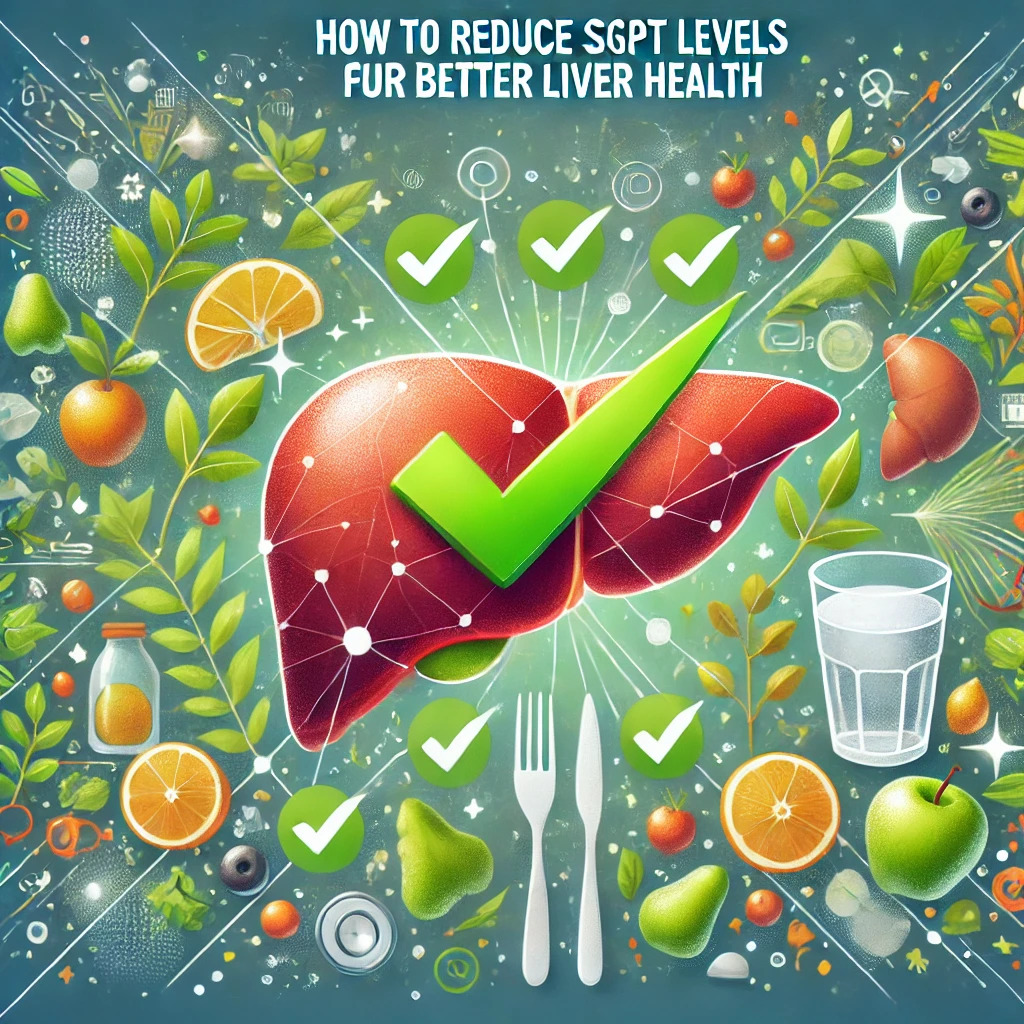What are kidney stones - it's causes, symptoms and treatment
.jpg)
Kidney Stones Introduction
Kidney stones are solid crystalline masses which can form anywhere along the urinary tract. Urinary tract consists of kidneys, ureters, bladder, and urethra. Stones can form in any of these sites. Kidney stones are also called renal calculi. Kidney stone pain can be severe and may be associated with other symptoms. A stone can be as small as a grain of sand while some can be as big as a golf ball.
Risk factors for Kidney stones
? Not drinking enough fluids
? Having a diet that predisposes susceptible people to stone formation. This includes phosphate and oxalate rich foods
? Diet high in salt and sugar
? Family history of renal calculi
? A blockage anywhere in the urinary tract
? Certain medical conditions like
- Hypertension
- Diabetes
- Obesity
- High blood calcium levels
- Gout
- Cystic Fibrosis
- Certain kidney diseases
- Inflammatory Bowel Disease
- Hyperparathyroidism
- Urinary tract infections
? Certain medications can also increase the likelihood of developing kidney stones
Kidney Stone Causes
Renal calculi are formed from substances present in the urine. Generally these substances would pass through the urinary tract. But when the urine is highly concentrated due to less volume mostly from drinking less water or there is any blockage to the flow or in certain health conditions, these substances get the chance to concentrate and crystallise. These substances which combine and form stones are
? Oxalates
? Calcium
? Uric acid
? Phosphate
? Rare substances are Cystine and Xanthine
The Types of Kidney Stones
There are different types of kidney stones with different etiologies.
They are:
? Calcium Stones- These are the most common and generally made of calcium oxalate. Unlike popular perception, lack of dietary calcium and low fluid intake are amongst the main reasons for their formation
? Uric Acid stones- These are also very common. These are formed due to a high intake of purine rich foods. People with a family history of uric acid stones or those on chemotherapy or people who have gout are prone to develop these.
? Struvite Stones- Females are more prone to forming these stones. These stones tend to be larger and develop as a result of urinary tract infections
? Cystine Stones- These types of stones run in families and are formed due to a rare disorder called Cystinuria.
Symptoms of Kidney Stones
One may remain asymptomatic for a long time with a Renal Calculi.
The different symptoms are:
? The most noticeable symptom is Kidney Stone Pain. The pain generally starts when a stone moves out of the kidney or blocks a ureter. Pain can be debilitating causing a trip to the emergency room. Kidney Stone Pain can start as a mild ache in the lower abdomen. It can turn to sharp and severe pain in the lower abdomen and/or either side of the lower back. It can be radiating pain in the abdomen and groin. There may be a burning sensation while passing urine.
? Cloudy or foul smelling urine
? Red or pink urine due to presence of blood
? Urinary urgency
? Nausea and vomiting
? Fever and chills
? Passing only small amounts of urine
Diagnosis and evaluation
See your doctor if you have these symptoms to avoid worsening of symptoms or spread of infection to the kidneys.
You will be prescribed:
? Blood tests- To check the levels of calcium, uric acid, blood sugar levels, and kidney function tests. Based on your health status, other tests may also be advised.
? Urine testing- This helps the doctor check if you have any infection, if you are passing too many stone forming substances in the urine, your urine pH levels, etc
? Imaging- This can include X-Rays, Ultrasound, and in some cases CT scan
? Stone analysis- Your doctor will ask you to urinate in a container or through a strainer to collect the stone or debris if you pass any. Lab analysis will tell about the type of stones. This helps with treatment and dietary changes to prevent stone formation.
At O-Lab, we have advanced testing facilities for different blood tests, urine testing, and other tests you may need for kidney stones.
Treatment and Management
For smaller stones
? Drinking enough water to dilute the urine will help flush as well as prevent stones from forming
? Doctors may prescribe pain relievers and alpha blockers. Alpha blockers will relax the muscles of the ureter which helps the smaller stones to pass
Treatment for larger kidney stones or for complicated cases
When the stones are large enough, they cannot pass through the urinary tract on their own, causing blockages and complications. Sometimes smaller kidney stones can also cause urinary tract infections and severe discomfort. Extensive treatment is needed in these cases which may include
? Extracorporeal Shock Wave Lithotripsy
? Tunnel Surgery (Percutaneous nephrolithotomy)
? Ureteroscopy
Prevention of Renal Calculi
Prevention and management of kidney stones also depends upon the type of kidney stone and/or predisposing health issues
? Drink around two litres of water if you don't have any health issues where fluid restriction is advised. Your water intake can also vary based on the climate, physical activity, etc.
? If you have a tendency to form calcium oxalate kidney stones, you will have to restrict foods high in oxalates. You may also be prescribed certain medications like thiazide diuretics.
? If your uric acid levels are high, you will be given certain medications like allopurinol and will have to restrict high purine foods.
? For Struvite stones, you will be treated for urinary tract infections.
? For Cystine Stones, appropriate medical management will be used.
? Eat a well balanced diet while restricting salt and animal proteins.
? Eating foods which are natural sources of calcium may actually help. But calcium supplements may actually increase the chances of stone formation.
The bottom line about prevention and management of kidney stones is to consult a doctor and a dietitian for the right guidance. Never self medicate.





